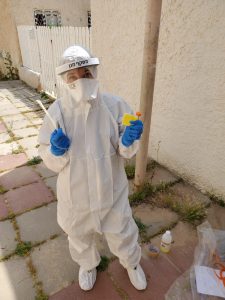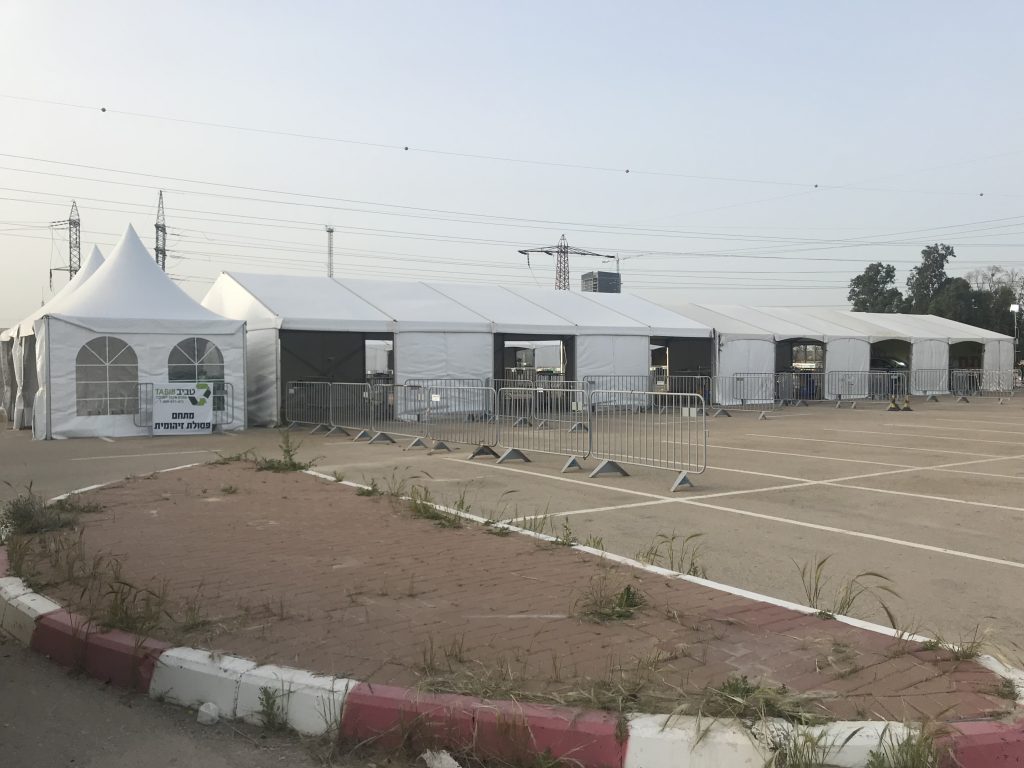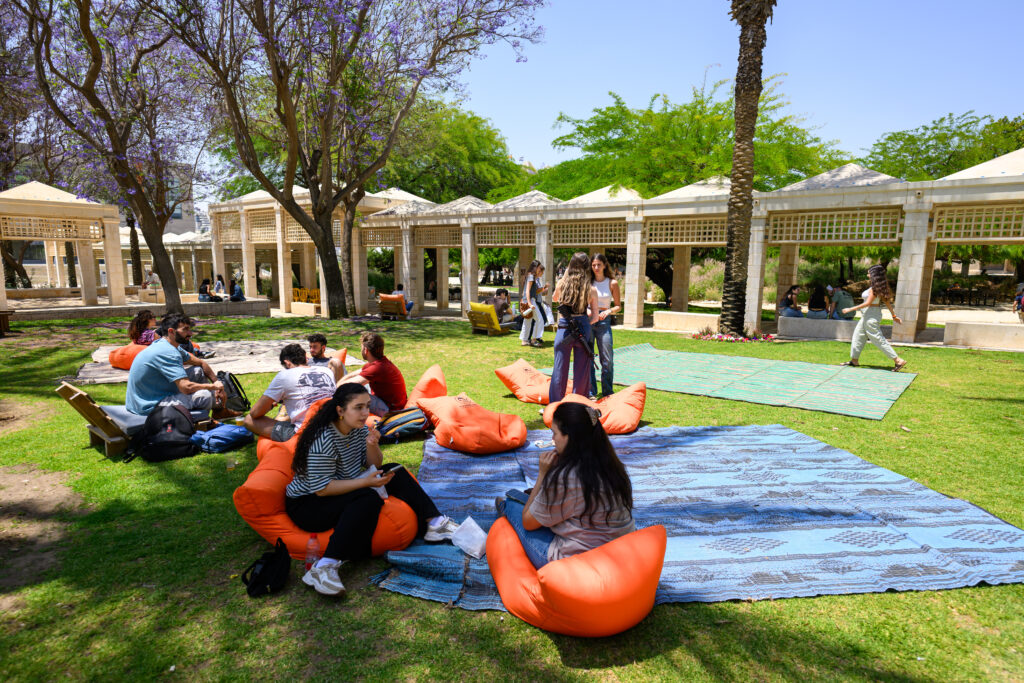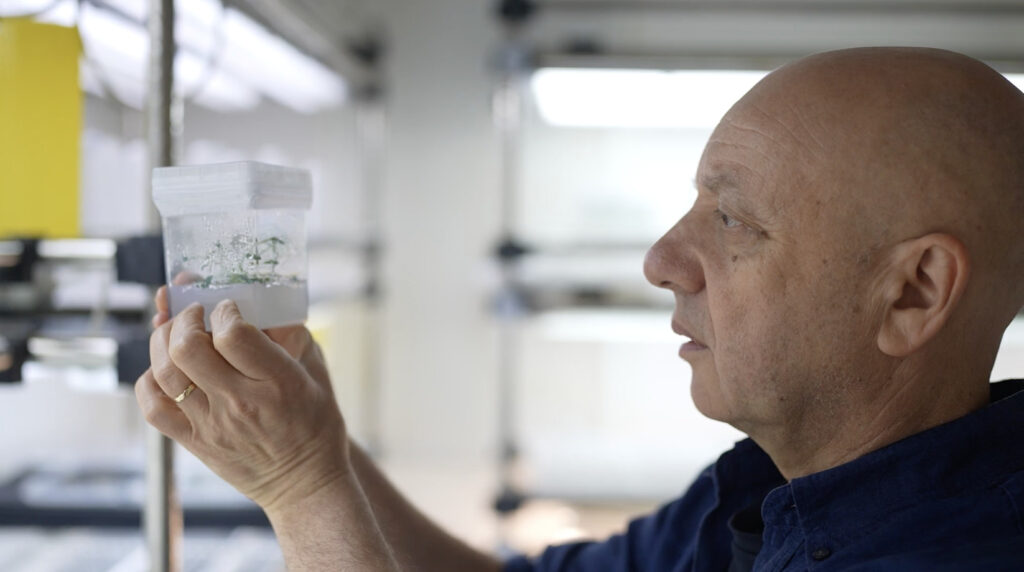
MSIH Student Volunteers at Negev COVID-19 Testing Center
MSIH Student Volunteers at Negev COVID-19 Testing Center
April 14, 2020
Medical Research, Negev Development & Community Programs
This is an excerpt of an article by Iris Kamenev, who is finishing her first year as a student at Ben-Gurion University’s Medical School for International Health (MSIH). She is originally from Minneapolis, MN and has been living in Israel since 2013.
It started with a story. Something on the news, far away; it would never concern us all the way over here. A different country, a different people.
Irrelevant to our daily lives of walking to class, studying in the library, and sitting on the grass outside the hospital to soak up the post-winter sun.
The world changed quickly, but gradually enough that the new normal glided in rather smoothly.
First, it was the online classes with Zoom lectures, and who could complain about getting to stay in your pajamas all day?
Then the cuts to public transportation, followed by the restrictions on how far you could be from your home. 100 meters is fine, I never got out much anyway…
As the current new rules and regulations pull the drawstring of our lives tighter and tighter, the only excuse I found to be out legally is volunteering at the Corona testing center the city has set up in the Bedouin shuk (market).
The whole thing consists of a few tents – six drive-in lanes – and is mainly run by a couple of Magan David Adom (Israel’s 911) staff and medical student volunteers. Each lane generally has two fully geared volunteers and a soldier. A car will pull up and the masked soldier scans the patient’s ID through the window and prints out a few stickers with their information.
Then the car will pull forward a few more feet, the patient will roll down their window, and one volunteer does a quick nasopharyngeal swab while the other sticks a patient’s label on a vial in which the swab will be deposited, another on a biohazard ziplock, and one on a box specific to the patient’s kupat holim (insurance provider).
Within minutes, a swab has been taken from the patient’s throat and nose, placed into a vial, which is placed into two biohazard bags and into a styrofoam box with other samples, and the car has already driven off, the next one queued up to be checked.
There is a separate tent where volunteers gear up before going into the lanes, easily discernible because everyone walks out looking like they’re about to climb into a space shuttle.





